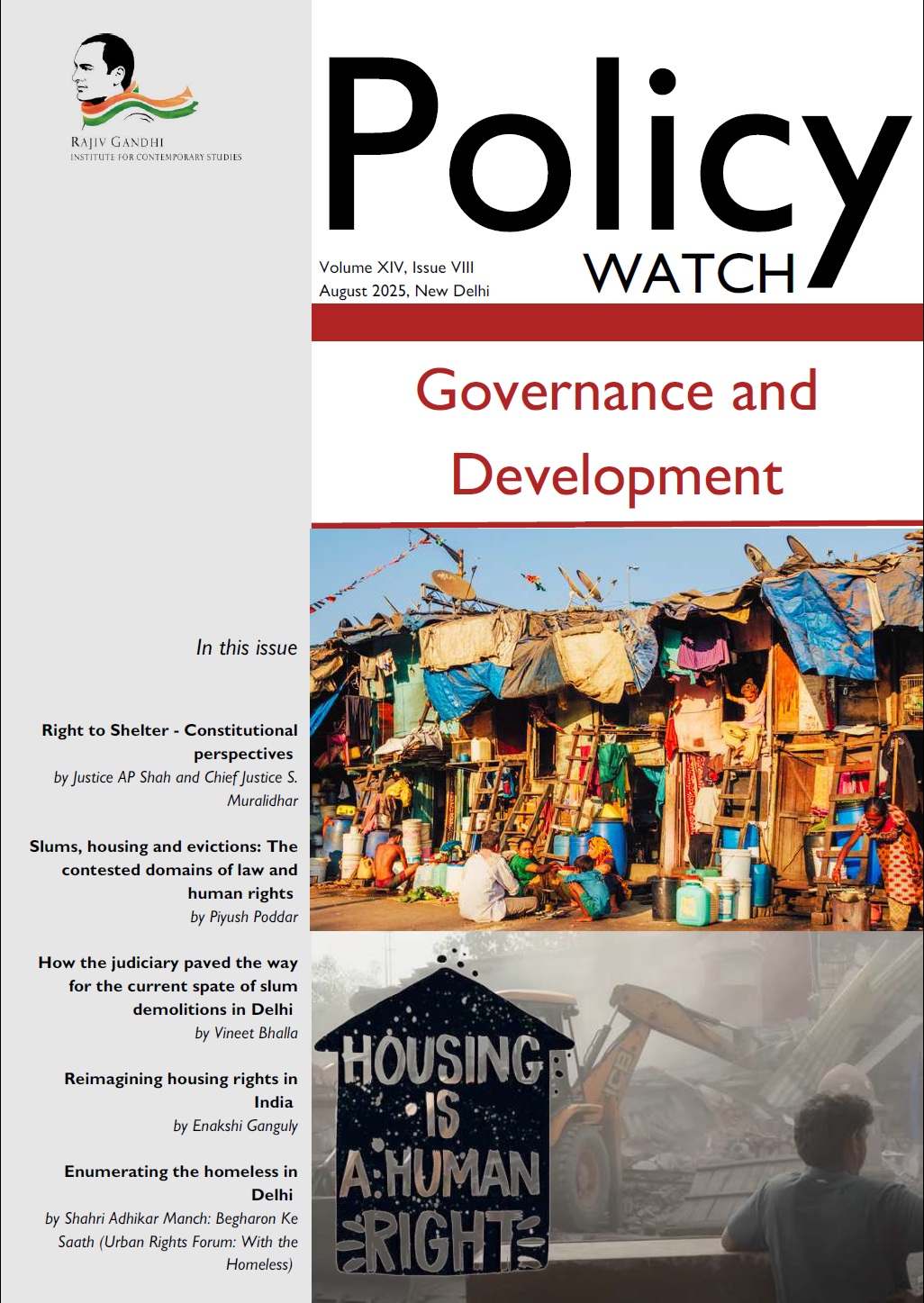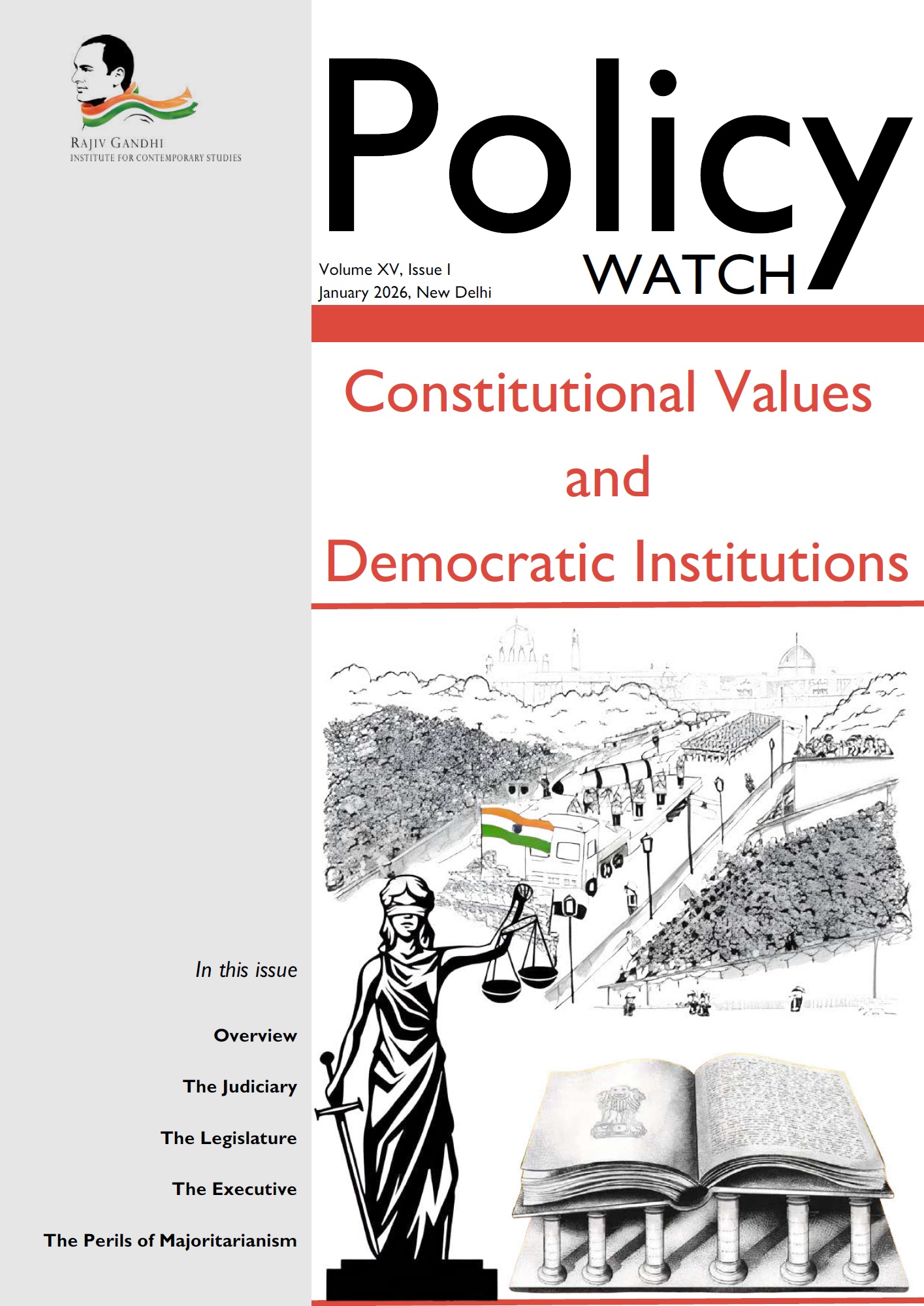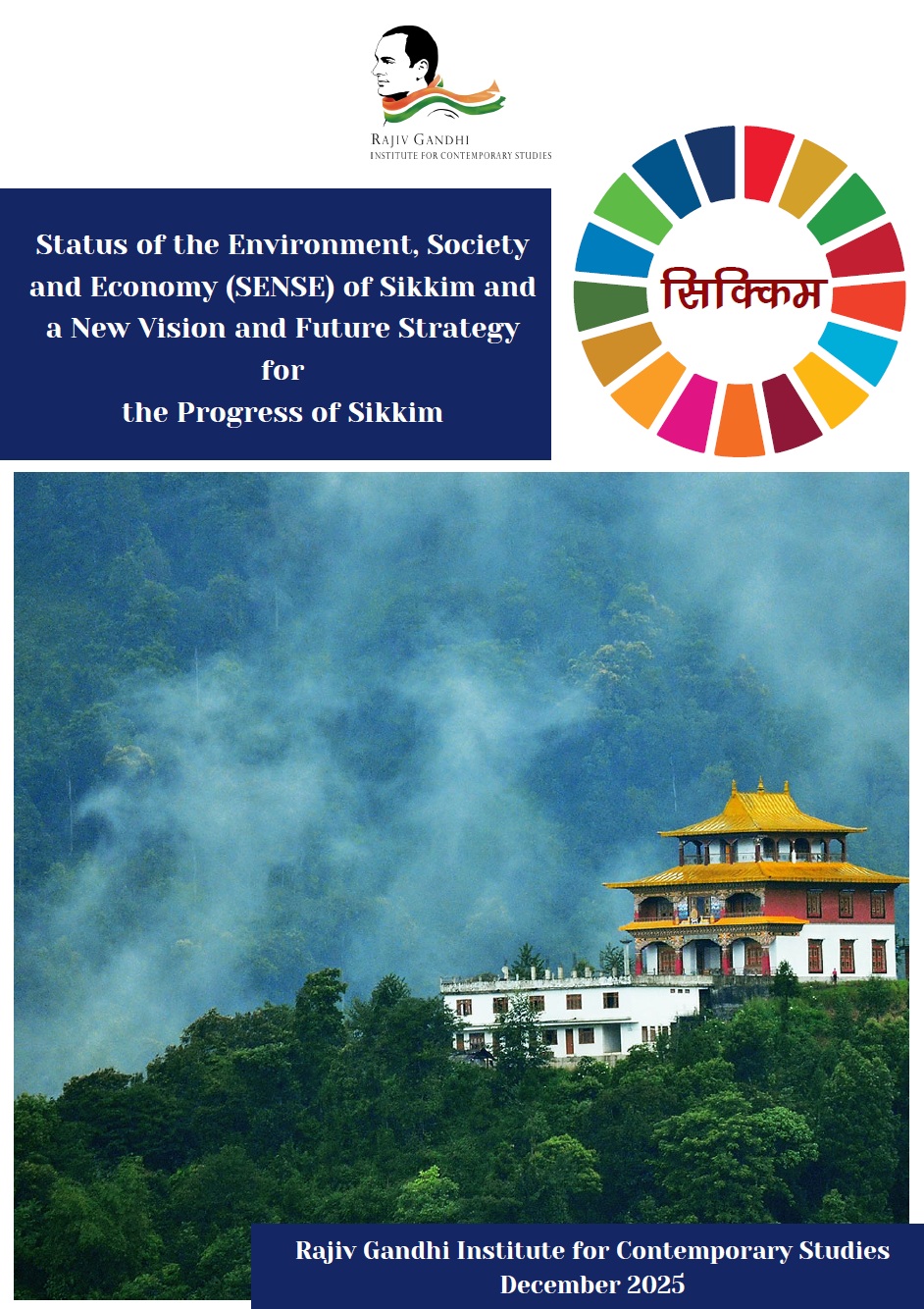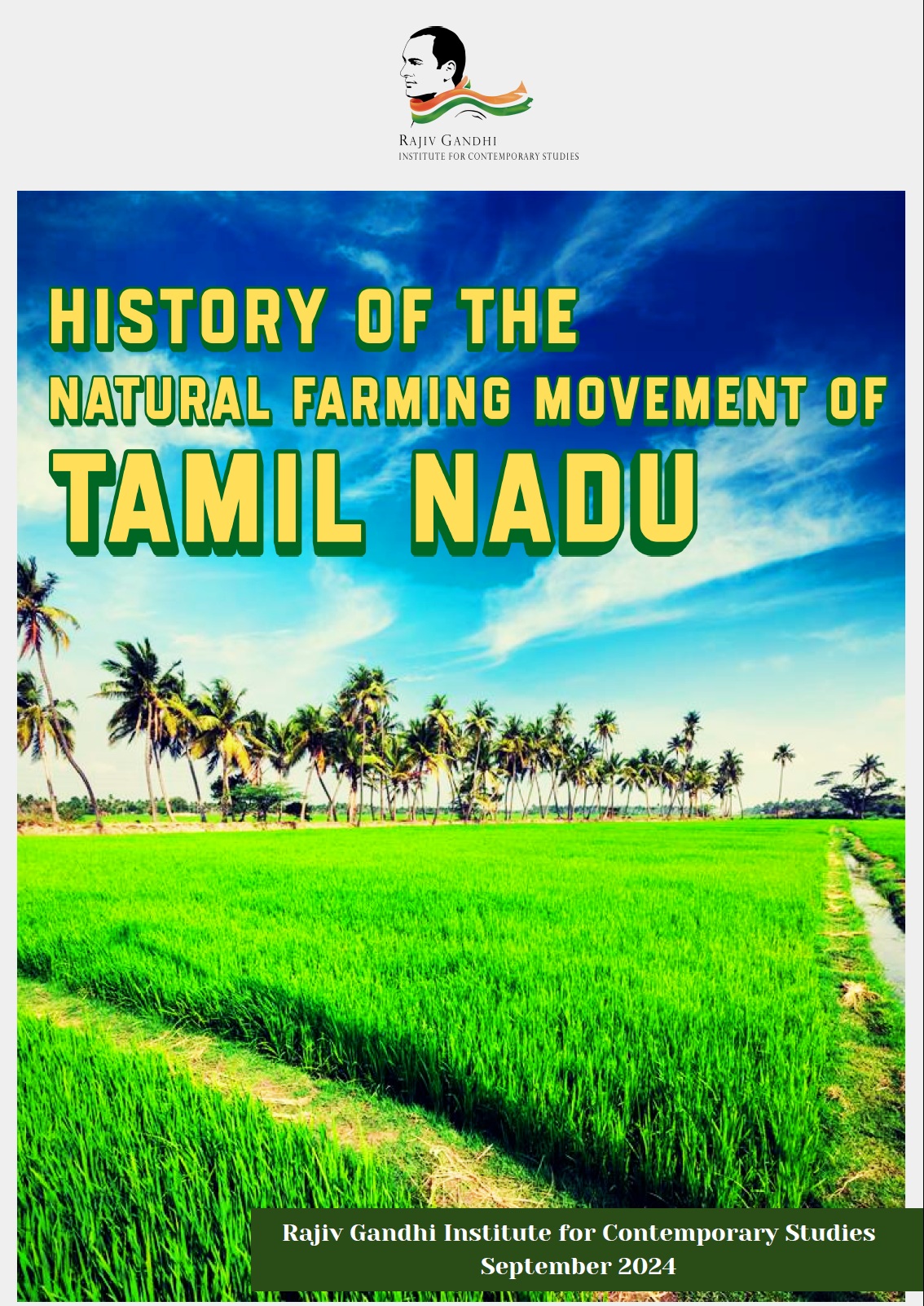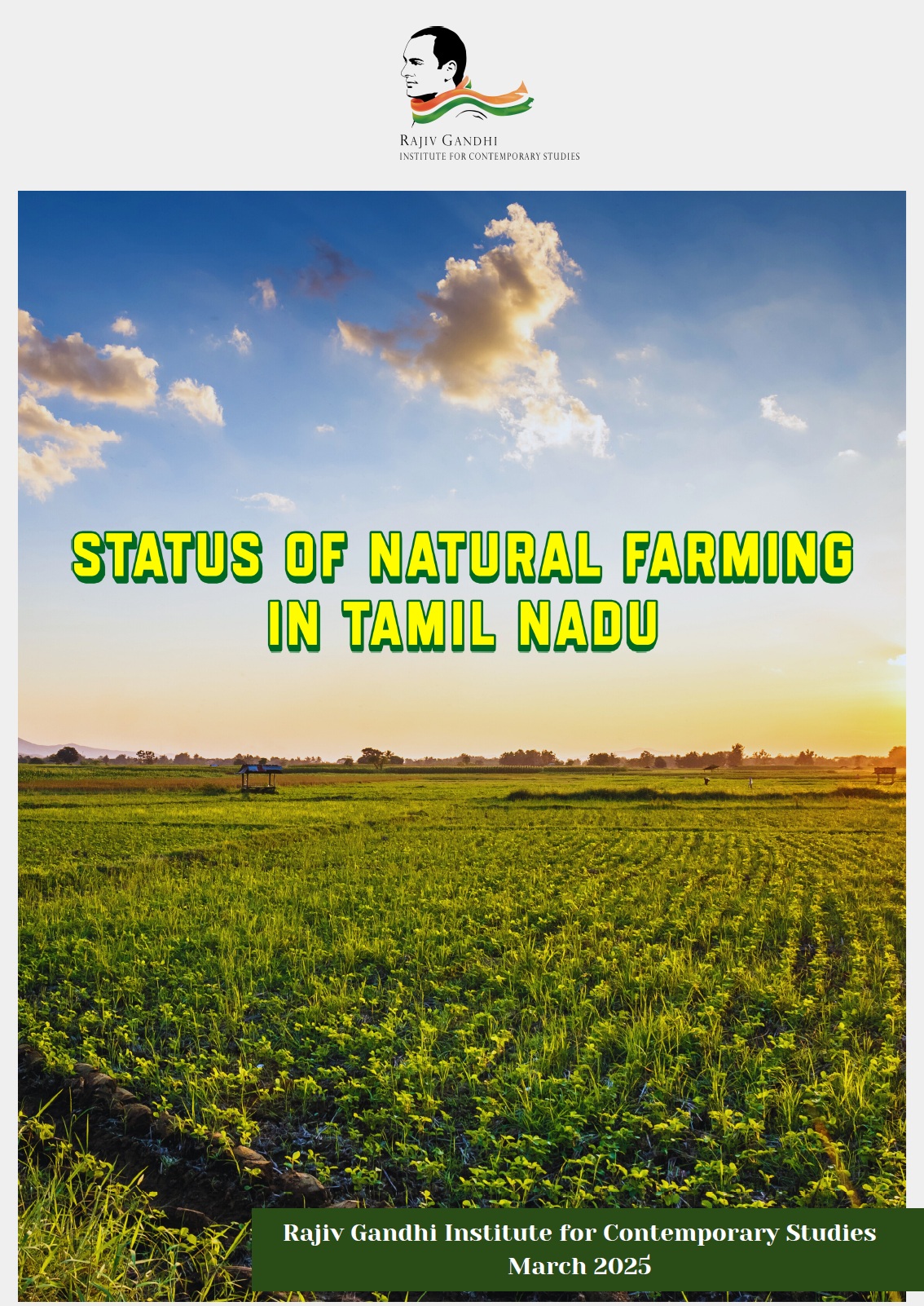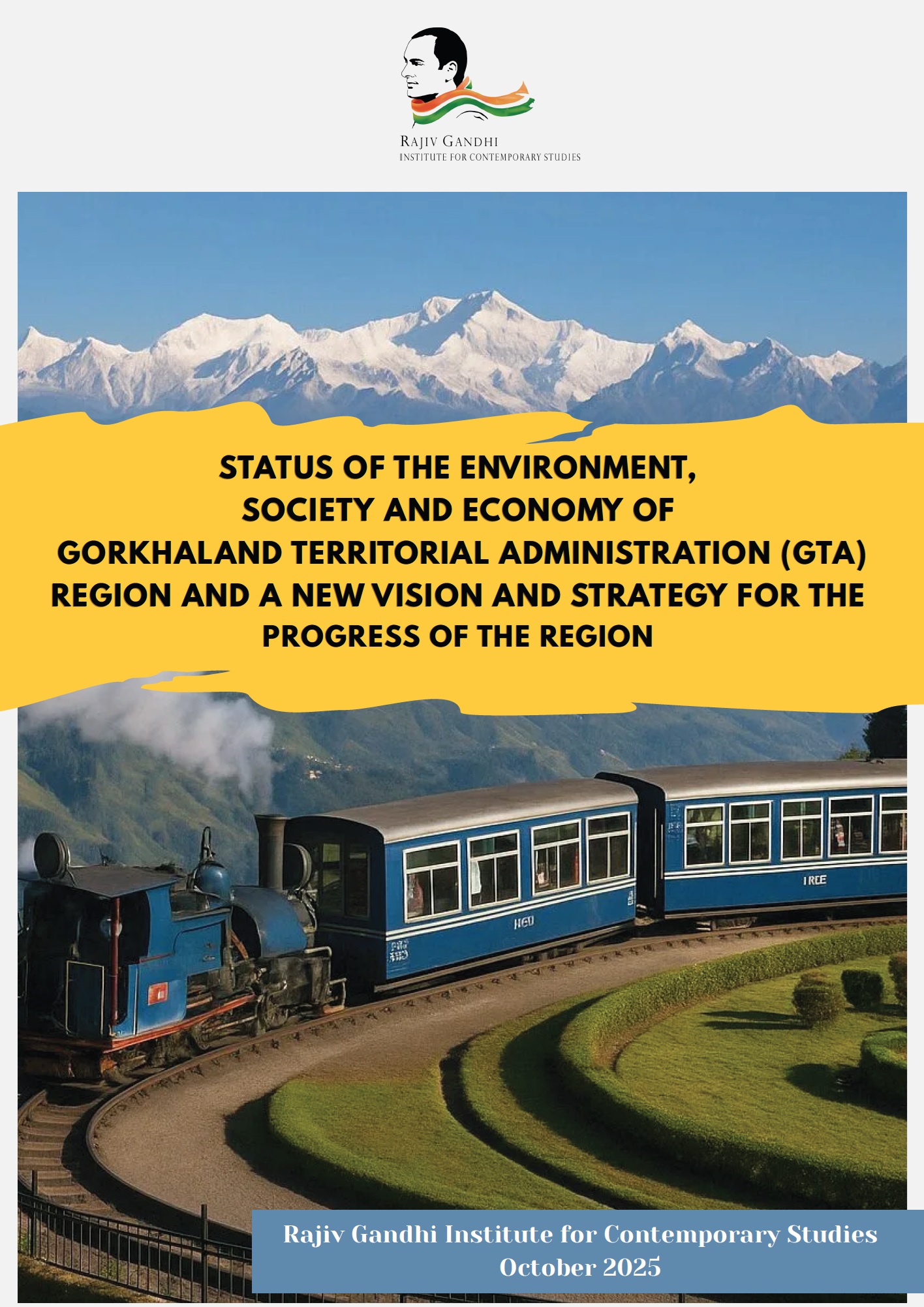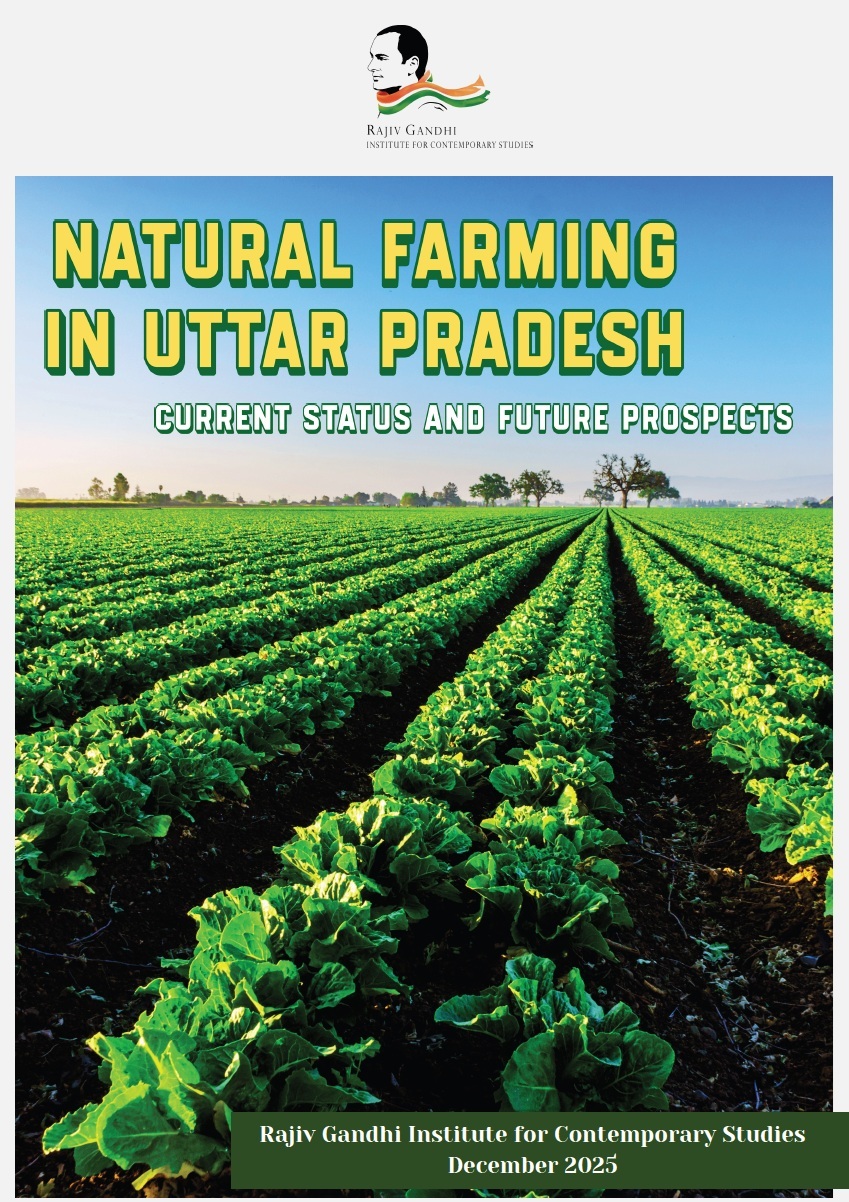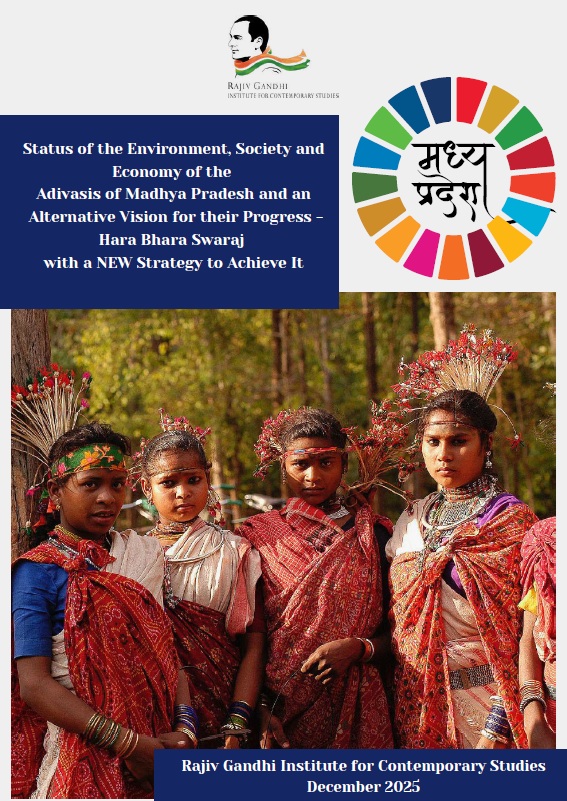The focus of this issue of Policy Watch is urban governance, particularly as related to slum dwellers. We trace first how the Courts have looked at the rights of slum dwellers and how their opinions have swung in 2010 from establishing the Right to Shelter as a fundamental right derived from Article 21 (Right to Life), to in 2020, the Supreme Court ordering the wholesale eviction of lakhs of slum dwellers living in thousands of clusters of Delhi as the Court considered these as illegal encroachments.
In the first article, we cite major parts of the well-known judgment the Delhi High Court bench comprising Justice A.P. Shah and Chief Justice S. Muralidhar, which in a significant 2009 ruling (Sudama Singh & Others vs. Government of Delhi & Anr) established that the Right to Shelter is a fundamental right under the Indian Constitution, derived from Article 21 (Right to Life). The court defined shelter broadly to include adequate living space, safe structures, access to clean surroundings, water, electricity, sanitation, and other civic amenities essential for human development and dignity. The judgment highlighted the state’s constitutional duty to provide housing facilities to the poor and weaker sections of society, ensuring their right to residence and basic human rights. In essence, the judgement by the bench of Justice Shah and Justice Muralidhar expanded the interpretation of the Right to Life to explicitly include the Right to Shelter, mandating the State to ensure that all citizens can live in adequate and dignified housing.
In the second article, “Slums, housing and evictions: The contested domains of law and human rights” Piyush Poddar discusses the implications of the August 2020, order by a three-judge bench of the Supreme Court of India for the removal of about 48,000 slum clusters in Delhi. This order brought back the discourse of “illegal encroachment” concerning slums in Indian cities. This position is in conflict with the Shah and Muralidhar judgement cited above. The role of the state is being questioned as it fails to provide the basics for its vulnerable citizens. This paper attempts to analyse and present the issue within the Human Rights Framework of development, considering “Right to Adequate Housing” as a human right and eviction as a violation of it. It also discusses the relationship between social work and human rights, explaining why it is important for a social worker to stand with the vulnerable community. In the last part, the paper emphasises on the idea of “Right To The City” and stresses its importance for the nuisance discourse.
In the third article Vineet Bhalla traces “How the judiciary paved the way for the current spate of slum demolitions in Delhi”. After the above cited Supreme Court judgment of 2020, the Delhi High Court made a U-Turn from the Shah and Muralidhar judgement principles. In 2022, the judiciary signalled a significant change of attitude when it came to slum dweller rights.
Policy Watch: Governance and Development – August 2025
Send download link to:

